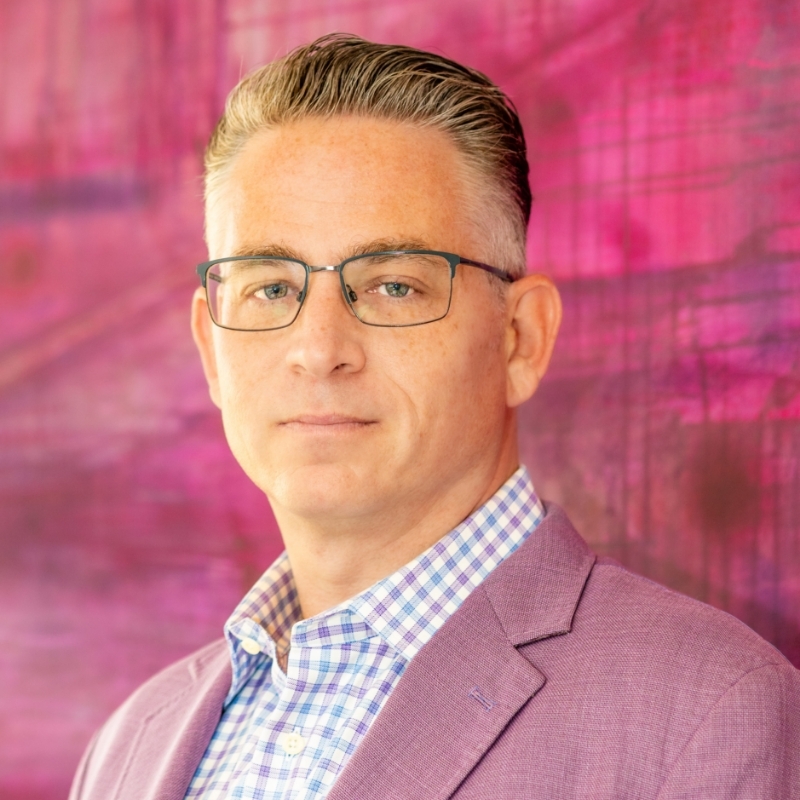“Addiction is a family disease.”
It is a line that is often said, but not always understood. What does it mean? Is it true? If it is accurate, then how can the addiction treatment and recovery of the individual go towards helping the family recover?
When we say that addiction is a family disease, we are first understanding that addiction is a disease. It is not a choice or a moral failing on the part of the individual that suffers from substance use disorder. Addiction is a complex, chronic illness that changes the way an individual’s brain functions, and negatively impacts their thoughts, attitudes, and behaviors. When we say that addiction is a family disease, what we are saying is that a family unit also suffers as the individual with addiction suffers. A family unit, no matter how healthy it may be, will be negatively impacted by the addiction of a single family member.
As the disease of addiction progresses within the individual, it will also progress within the family unit. The family members will experience trauma as a result of their loved one’s addiction. Just as the individual learns and incorporates negative coping mechanisms, so will the family unit and individual family members.
Therefore, it is vital that not only does the individual that is misusing drugs and alcohol receive treatment and find recovery, but it is also vital that the family unit as a whole, and the individual family members within that unit, find necessary clinical and community support, treatment, and recovery. As each individual member of the family begins their own journey of recovery, so can the entire family unit begin to recover. In that process, the ability to mend family relationships can begin.
During a loved one’s addiction, family members will begin to distrust, become scared or angry, hold onto resentments, and the relationships between family members will become stressed. This can certainly happen within the relationship of a family member and the individual suffering from addiction, but it can also occur between family members within the family unit that are not the addicted loved one. As each member of the family begin to move into different roles, the interpersonal relationships between everyone will begin to deteriorate or unravel. This is an important reason why it is important that family members of someone with an addiction seek their own help and support, both outside of the help and support of the addicted loved one, and even if the sufferer of addiction refuses help for themselves.
If the family begins the healing and transformative process of recovery, those relationships can be mended. Sometimes, relationships can even be healing to place where they are better and stronger than they were before addiction overwhelmed the household. During active addiction, the relationships within a family unit can become broken. In recovery, the mending of those relationships play a huge part in the recovery of the family unit and go a long way in supporting the recovery of the family member suffering from addiction. By addressing the needs and goals of the entire family, and the different interpersonal relationships of the family members within the family unit, the family system will learn new, healthy coping mechanisms, improved means of communication, and build back with resiliency the trust that was lost during the period of active addiction. While we know that love is not lost during a loved one’s active addiction, recovery can help mend the relationships where that love can once again flourish and flow freely. Finding strength and resiliency through treatment, therapy, and support, family systems can recover and find the health, wellness, and balance necessary to achieve long-term recovery.
If you or someone you know needs help for addiction or co-occurring disorder issues, please give us a call. Maryland Addiction Recovery Center offers the most comprehensive dual diagnosis addiction treatment in the Mid-Atlantic area. If we aren’t the best fit for you or your loved one, we will take the necessary time to work with you to find a treatment center or provider that better fits your needs. Please give us a call at (410) 773-0500 or email our team at info@marylandaddictionrecovery.com. For more information on all of our drug addiction, alcohol addiction and co-occurring disorder services and recovery resources, please visit our web site at www.marylandaddictionrecovery.com.
